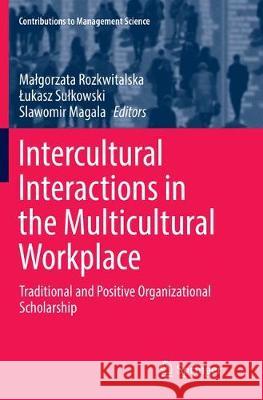Intercultural Interactions in the Multicultural Workplace: Traditional and Positive Organizational Scholarship » książka
topmenu
Intercultural Interactions in the Multicultural Workplace: Traditional and Positive Organizational Scholarship
ISBN-13: 9783319819631 / Angielski / Miękka / 2018 / 312 str.
Intercultural Interactions in the Multicultural Workplace: Traditional and Positive Organizational Scholarship
ISBN-13: 9783319819631 / Angielski / Miękka / 2018 / 312 str.
cena 402,53
(netto: 383,36 VAT: 5%)
Najniższa cena z 30 dni: 385,52
(netto: 383,36 VAT: 5%)
Najniższa cena z 30 dni: 385,52
Termin realizacji zamówienia:
ok. 22 dni roboczych.
ok. 22 dni roboczych.
Darmowa dostawa!
Kategorie:
Kategorie BISAC:
Wydawca:
Springer
Seria wydawnicza:
Język:
Angielski
ISBN-13:
9783319819631
Rok wydania:
2018
Wydanie:
Softcover Repri
Ilość stron:
312
Waga:
0.46 kg
Wymiary:
23.39 x 15.6 x 1.75
Oprawa:
Miękka
Wolumenów:
01
Dodatkowe informacje:
Wydanie ilustrowane











